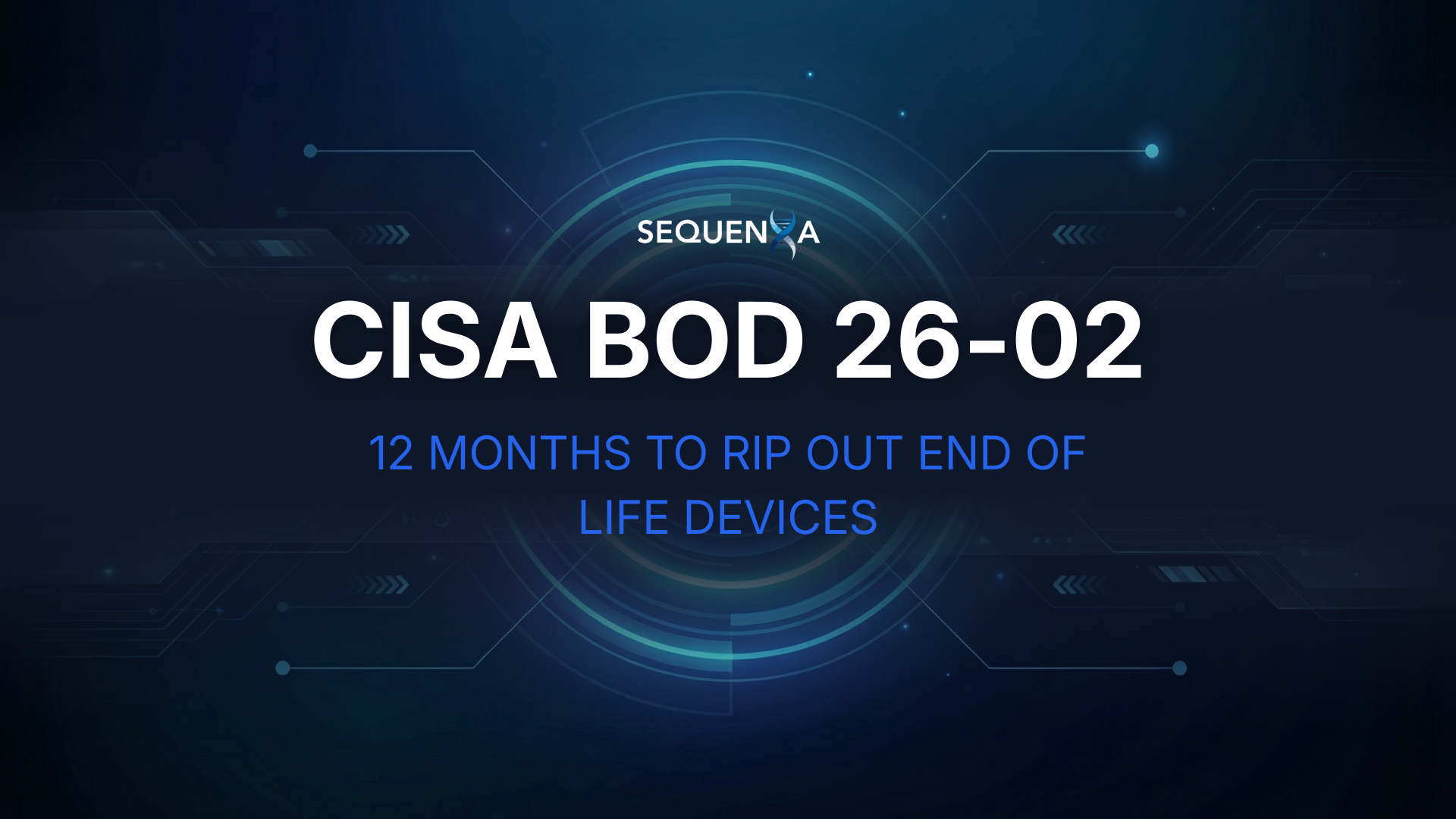Cybersecurity in Defense: Jobs and Threats Ahead

The defense industry faces an urgent challenge: a widening gap between the growing complexity of national security threats and the availability of skilled personnel to counter them. From cyber intrusions and data leaks to physical security breaches, the demand for specialized expertise is outpacing supply. As threats multiply in both physical and digital spaces, civilian and military defense roles have evolved to include cutting-edge technical and intelligence capabilities.
In this blog, we’ll explore why demand for defense contractor jobs is surging, the key forces behind it, and how roles in cybersecurity, logistics, and intelligence are becoming integral to national defense strategy.
As global threats evolve and national security needs intensify, the demand for specialized talent across both civilian and military sectors continues to climb. Defense contractor careers are no longer limited to battlefield logistics, they span across information technology, cybersecurity, intelligence analysis, and engineering.
Key Drivers of Demand:
Rising geopolitical tensions and cyber warfare threats
Increased reliance on private defense firms
The hybridization of traditional and digital defense roles
According to the Congressional Budget Office, defense-related cybersecurity spending rose by 15% from 2022 to 2024 (Source: CBO Annual Report 2024).
"Today's defense contractor isn't just a soldier with a wrench, it's a coder with a clearance"
The Landscape of Civilian and Military Contractor Jobs
The ecosystem of defense contracting is multifaceted. From civilian contractor jobs in secure facilities to military civilian contractor jobs supporting operations abroad, opportunities are widespread and evolving.
Types of Roles:
Cybersecurity analysts - Protect digital infrastructures
Field engineers - Support on-ground military operations
Logistics coordinators - Manage supply chains in combat zones
Intelligence specialists - Decode and analyze foreign threats
Example: Professionals working in military contractor jobs near me often include ex-military and civilians managing drone operations for surveillance.
Over 40% of defense contractors hired in 2023 had no prior military service, showing the shift toward civilian expertise (Source: RAND Corporation, Workforce Dynamics Study 2023).
What advantages do civilians bring to roles traditionally dominated by military personnel?
Understanding the Recruitment Process
Breaking into the world of defense contracting requires a strategic approach. Knowing how to get an IT defense contractor job is just the beginning—understanding security clearances, qualifications, and application channels is equally critical.
Recruitment Tips:
Clearance matters: Start by applying for a Security Clearance (Secret or Top Secret)
Certifications count: Consider CompTIA Security+, CISSP, or PMP
Find the right portals: Search terms like "military contractor jobs near me" or "DOD contractor jobs" yield niche platforms
Almost 65% of DOD contractor jobs filled in 2024 required a minimum of a bachelor's degree in STEM fields (Source: Defense Human Capital Report 2024).
"You don't need a uniform to protect your country, but you do need credentials and clearance"
Advanced Persistent Threats and the Cybersecurity Imperative
Advanced Persistent Threats (APTs) pose one of the most severe challenges to national security. Defense contractors must prioritize personnel verification to mitigate insider risks and detect threats before they escalate.
Why APTs Matter:
Long-term, stealthy access to sensitive data
Often state-sponsored and highly coordinated
Targets defense systems, critical infrastructure, and contractor networks
Example: In 2022, a cyberattack traced back to a foreign state breached contractor email systems handling sensitive intelligence, prompting new verification mandates.
Curious about the tech securing defense jobs behind the scenes? Learn more about verification and threat response protocols.
The Future of War Contractors Jobs and National Defense Careers
The next decade will redefine defense contractor careers. Emerging technologies, new battlegrounds, and civilian integration will all shape the trajectory.
Key Trends:
AI, drone warfare, and quantum computing will transform operations
Greater need for hybrid civilian-military roles
Growth in remote, cybersecurity-heavy war contractors jobs
Example: A recent DOD initiative recruited civilian AI specialists to design autonomous defense systems for frontline analysis.
Job postings for military contracts for civilians in tech roles increased 28% between 2022 and 2024 (Source: Bureau of Labor Statistics, Defense Job Market Overview 2024).
"We're no longer asking who's in uniform. We're asking who's best equipped to solve national threats"
FAQs
What are civilian contractor jobs in the defense industry?
These are roles held by non-military personnel supporting military missions, often involving cybersecurity, engineering, logistics, and intelligence.
How do I find military contractor jobs near me?
Search specialized defense job boards, government career portals, or use search terms like "military contractor jobs near me."
What qualifications do I need for DOD contractor jobs?
Most roles require a background in STEM, relevant certifications, and often, a U.S. security clearance.
Are war contractors jobs only for veterans?
No. While veterans often qualify easily, many positions are open to qualified civilians with relevant skills and clearance.
How do I start a defense contractor career?
Build your resume with IT certifications, apply through DOD or private contractors, and seek roles in military contracts for civilians.
Can I get military civilian contractor jobs without prior service?
Yes. Civilian applicants with strong backgrounds in cybersecurity, logistics, and engineering are regularly hired.
Navigating the New Landscape
In the evolving arena of national defense, contractor roles offer a dynamic pathway to contribute without direct enlistment. From cybersecurity to logistics and field intelligence, there are vast opportunities for both civilians and veterans alike. As the need for security grows, so does the call for verified, skilled personnel.
Looking to secure your next mission-critical role? Let Sequenxa help you navigate secure hiring and career development in defense contracting.
References
Congressional Budget Office. (2024). Annual Report. Retrieved from https://www.cbo.gov
RAND Corporation. (2023). Workforce Dynamics Study. Retrieved from https://www.rand.org
Defense Human Capital Report. (2024). Department of Defense. Retrieved from https://www.defense.gov
Cybersecurity Ventures. (2023). Defense Report. Retrieved from https://cybersecurityventures.com
Bureau of Labor Statistics. (2024). Defense Job Market Overview. Retrieved from https://www.bls.gov



